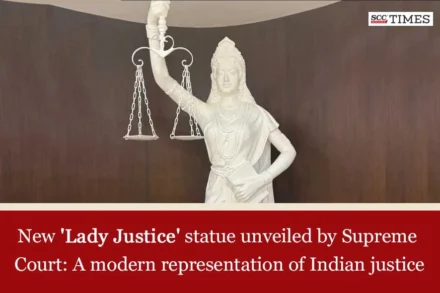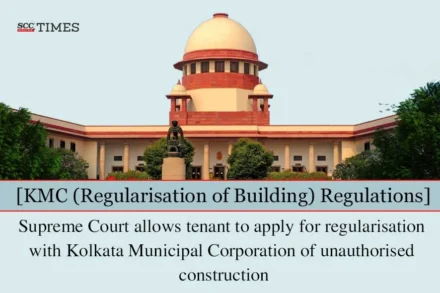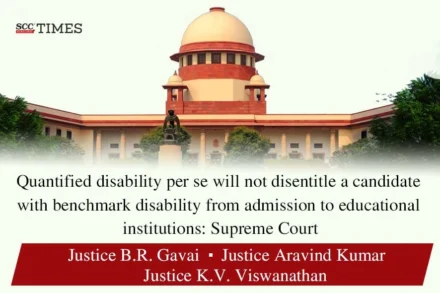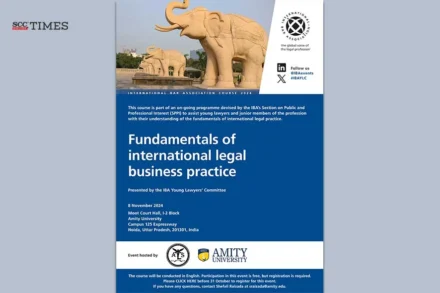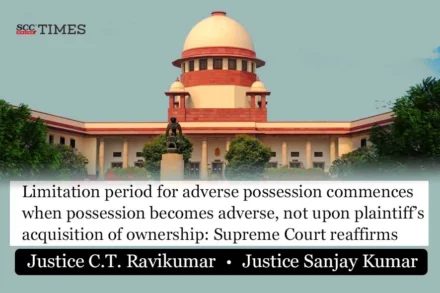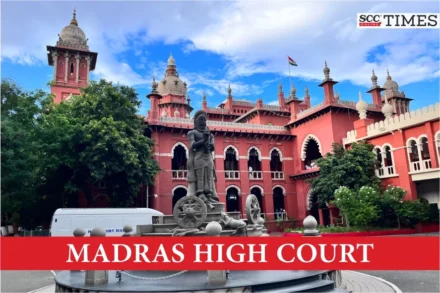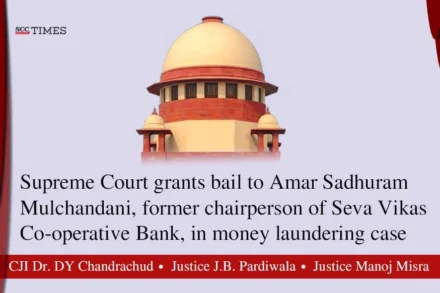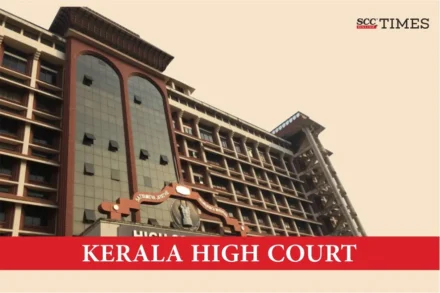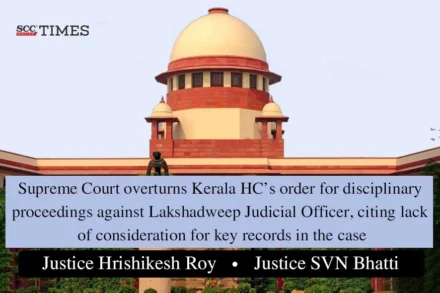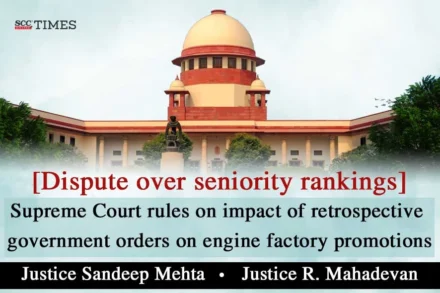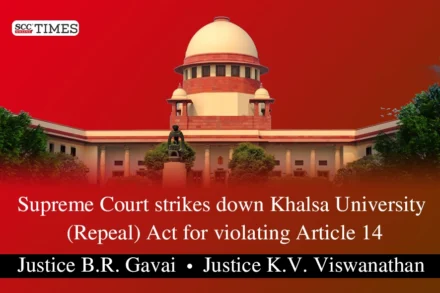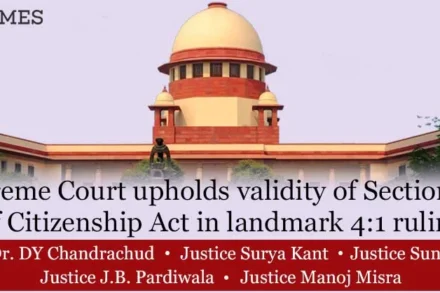
Supreme Court upholds validity of Section 6A of Citizenship Act in landmark 4:1 ruling
Section 6A of the Citizenship Act, 1955, permits foreign migrants of Indian origin who entered Assam between 01-01-1966, and 25-03-1971, to apply for Indian citizenship. This provision was introduced in 1985 as part of the Assam Accord, an agreement between the Government of India and leaders of the Assam movement, which aimed to address the concerns over illegal immigration from Bangladesh
Continue reading


